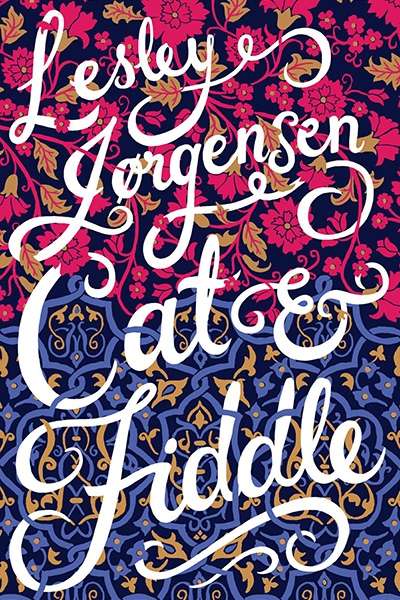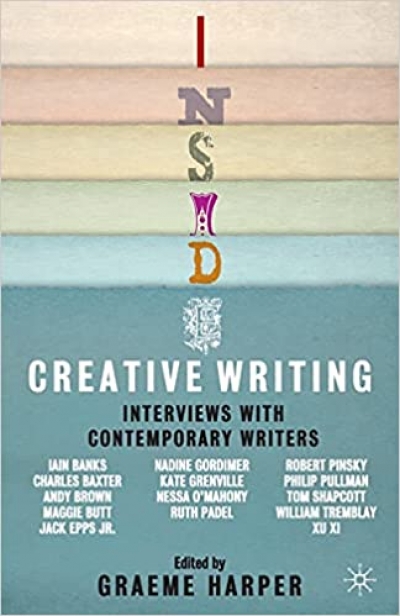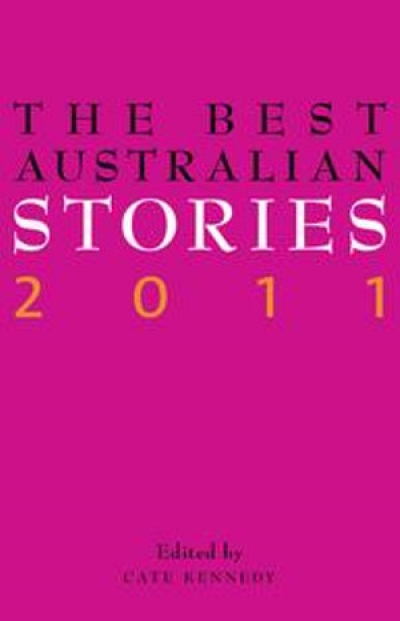Ruth Starke
On the back of John Marsden’s new novel there is this warning: ‘This book is not a fantasy. It contains no superheroes, wizards, dragons, time-travel, aliens or magic.’ If it had also said, ‘and it is not part of a series’, I would have cheered even louder. At least I hope The Year My Life Broke (Pan Macmillan, $12.99 pb, 171 pp, 9781742613352) is a stand-alone and won’t rapidly be followed by The Year My Something-Else Broke. In junior fiction, the possibilities for sequels are endless.
... (read more)You think you know what Jackie French’s Refuge (Angus & Robertson, $15.99 pb, 261 pp, 9780732296179) is going to be about, with its front cover photograph of a young boy, his dark eyes full of apprehension and sorrow. You still think you know when the refugee boat carrying the boy, Faris, and his grandmother, Jedda, to Australia is swamped by a huge wave and sinks. So you are almost as puzzled as Faris when he awakes to find himself in a sunlit bedroom with palm trees and a blue sky outside, and his beloved Jedda making breakfast for him. She encourages him to play on the beach, where a strange assortment of children is playing ball, and a naked, dark-skinned youth is spearing fish in the shallows. Faris is invited to join the game, with one proviso: on the beach he must never speak of the past. Faris agrees; there is too much pain in his past to talk about it.
... (read more)It is a hot gusty day in the summer of 1958, the sort of day that melts the tar on the road and brings the red dust down from the north. In the inner-city Adelaide suburb of Norwood, Mario Feleppa, twenty-eight and not long arrived in Australia, is fed up. Not with the heat – he is used to heat back in Italy – but with horses. Specifically, the horses that ...
Ruth Starke reviews 'The Children of the King' by Sonya Hartnett, 'The Tunnels of Tarcoola' by Jennifer Walsh, 'Red' by Libby Gleeson: 'Mystery at Riddle Gully' and Jen Banyard
Cecily Lockwood’s heart ‘bounced like a trout’. An arresting simile on the first page of a novel is always a good sign, but will this piscatorial comparison mean anything to young readers? No matter, back to those footsteps climbing the dark stairs to twelve-year-old Cecily’s room, where she is quailing under the bed. She pictures her older brother Jeremy in the next room, his heart ‘flipping and diving’. Ah, so that’s what trouts do. Clever Sonya Hartnett.
... (read more)Inside Creative Writing: Interviews with contemporary writers edited by Graeme Harper
The Best Australian Stories 2011 edited by Cate Kennedy
Linda and Paul McCartney, so the story goes, became vegetarians the moment they looked up from a delicious meal of roast lamb and saw a flock of lambs gambolling in the field beyond their cottage. Young readers of Pamela Freeman’s Lollylegs (Walker Books, $11.95 pb, 64 pp, 9781921529078) might well have a similar reaction, since the connection in Lollylegs between the meal o ...
Leigh Hobbs has won thousands of hearts with his most famous creations, Horrible Harriet and Old Tom. Time will tell if Mr Badger, the special events manager in a grand London hotel, will have the same enduring success. As he is thoroughly decent, generous, responsible, and hard-working, it is up to minor characters to provide the necessary nastiness. In Mr Badg ...




